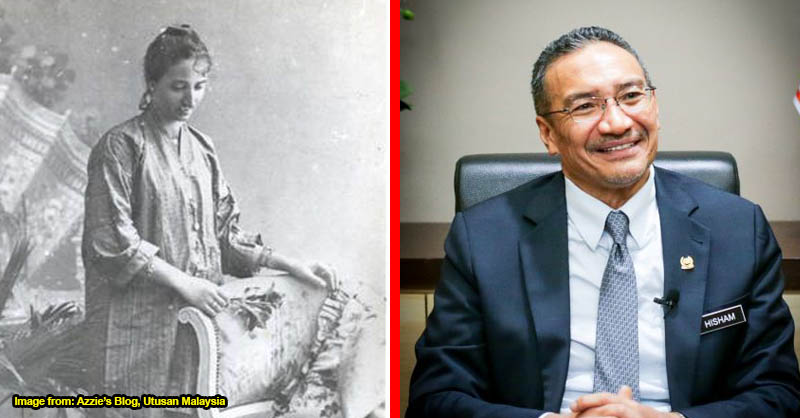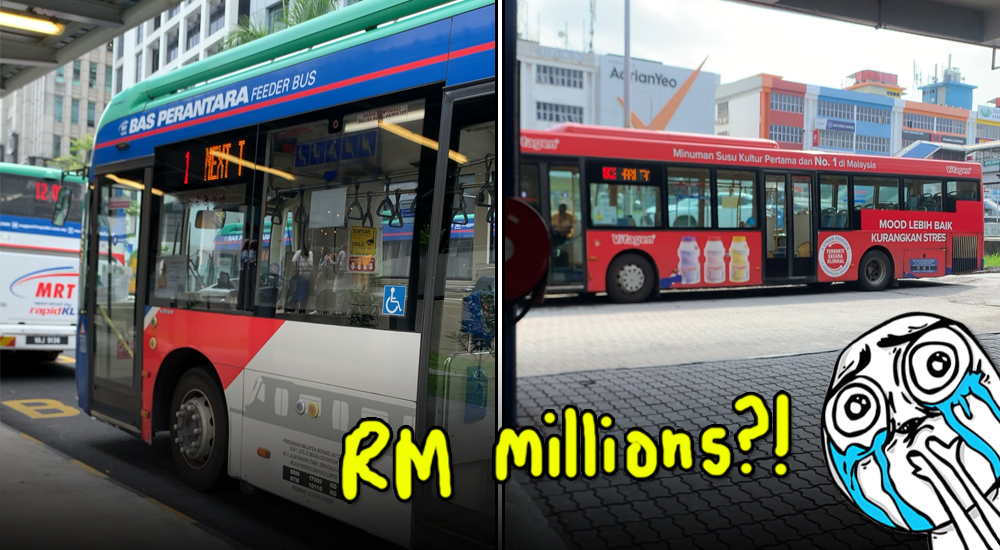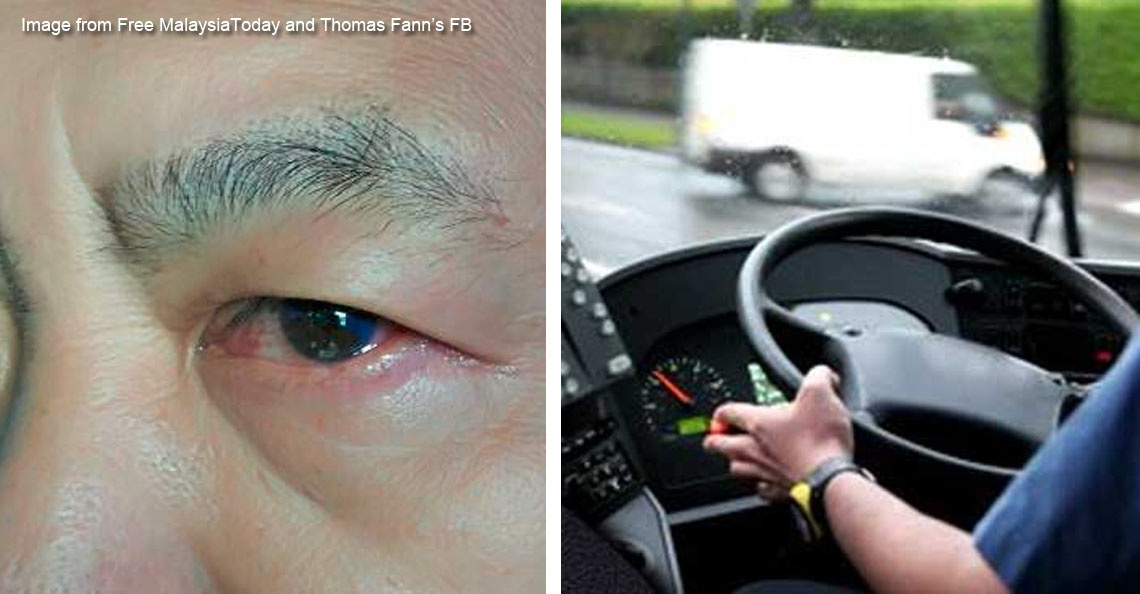5 reasons why bad bus drivers are still on Malaysian roads
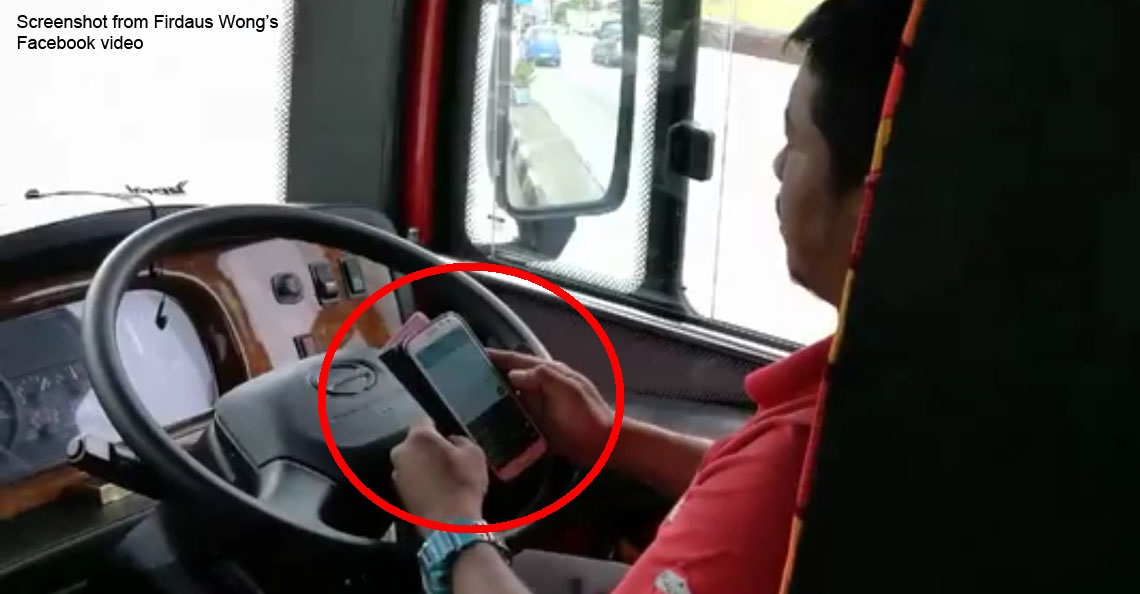
- 6.6KShares
- Facebook6.5K
- Twitter13
- LinkedIn8
- Email22
- WhatsApp34
In the early hours of Christmas eve, a bus crashed into a ravine in Muar, Johor, killing 14 people (including the driver) and injuring 16 others. It has been called ‘the worst incident since the Genting Highlands crash that killed 37 people three years ago’.
Witnesses recalled seeing the bus ‘flying’ and grazing an electrical pole, causing sparks, before it plunged into a ravine and crashed into a concrete barrier of a tunnel. “I heard a loud sound. It was three times louder than that of a tyre explosion. I heard screams for help from the victims. My friends and I carried some of the victims to safety,” said Ahmad Fahmi Khairuddin, a witness, whose house was 100m from the scene of the accident. Police later confirmed that the bus driver Zakeer Zubir, 32, was speeding.
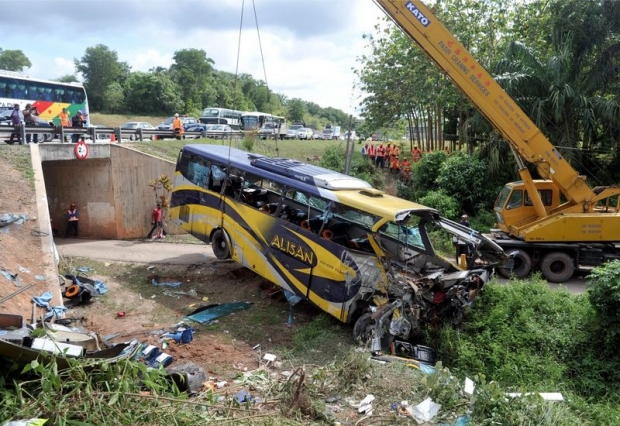
It is heartbreaking to read about the family members of the victims grieving for their loved ones. Year on year we constantly read of horrific bus crashes like this, but what can we do to prevent bus accidents like this happening again in the future? Perhaps to start somewhere, we could look at these 5 reasons why BAD bus drivers are still on Malaysian roads.
1. Because bus fares are cheap
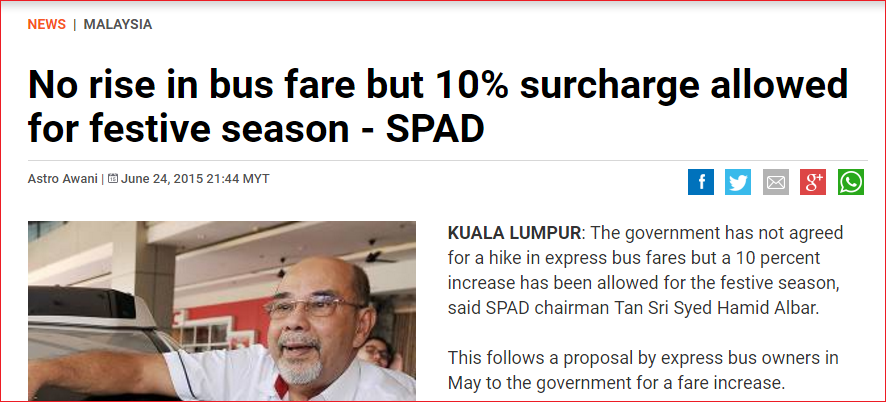
While LRT, KTM, monorail and taxi fares have increased in Malaysia, the government did not announce an increase for bus fares. In fact, express bus fares were last reviewed way back in 2009, while other public transport hiked their prices in 2015, making buses one of the cheaper ways to travel.
But while passengers are enjoying the cheap bus fares, this pricing system is one of the few causes of accidents. You see, bus drivers get a commission based on the NUMBER of trips they make – the more trips they make, the more money they earn. So you see where the problem comes in… bus drivers chasing commissions is why they speed on the road.
Frankie Loke, 64, who has 39 years experience in driving long-haul and short-distance express buses said many drivers were suffering because of the commission system: “A bus driver’s earnings depend on the company they work for. The most common structure is a commission of RM140, which is paid to the driver and co-driver for each long-haul bus trip. So a driver will earn RM35 per trip [one-way].”
In order to solve this problem, the Land Public Transport Commission (SPAD) suggested bus companies do away with the commission system:
“If we control their fares and make them increase salaries, I think they will close shop. They can’t afford that. Which is why I think we should allow more flexible fares. When taxis and others increase their fares, they (express buses) are not allowed to increase theirs.” – Tan Sri Syed Hamid Albar, Chairman of SPAD, The Star
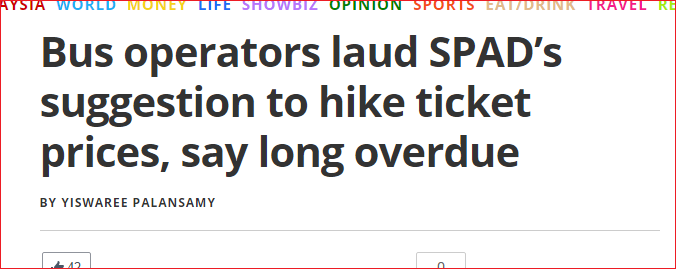
Syed Hamid’s suggestion was supported by the Pan-Malaysian Bus Operators Association (PMBOA), saying the move to increase bus fares is long overdue. Its President Datuk Mohamad Ashfar Ali urged the government not to interfere in stagnating bus fares, but rather to allow market forces to decide the pricing.
“Every time we ask for a fare increase, they say that there is GST and it will burden the people or that election is coming. They have deregulated school bus fares so why can’t they do the same thing with express buses?” – Datuk Mohamad Ashfar Ali, President on PMBOA, Malay Mail Online
As long as bus drivers continue to earn money via the commission system, we also cannot solve the next problem…
2. Bus drivers take drugs to stay awake
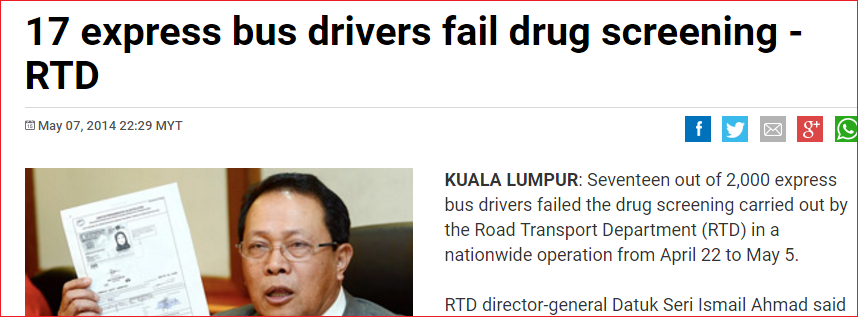
Studies have shown that well-rested employees make for a safer workplace. Unfortunately, a lot of Malaysian bus drivers do the opposite. Since they earn most of their money through commissions, they try to clock in more trips, going longer hours, and way into the night or early in the morning.
To stay awake, drivers take DRUGS – mainly methamphetamine, according to Negeri Sembilan State Road Transport Department (RTD). Previously they used to take cannabis (ganja), but switched to meth after discovering that the drug is longer lasting and easily concealed.
Does this remind you of someone? Otto Mann, that stoner school bus driver from The Simpsons. How on earth is he allowed to drive a school bus full of kids if his urine sample contained “crack, smack, uppers, downers, outers, inners, horse tranquilizers, cow paralyzers, blue bombers, green goofers, yellow submarines” and “LSD Mach 3”?!??

Recognising this problem, SPAD actually set a regulation where drivers are supposed to have a co-driver for long haul trips, so that they can take turns driving while the other one rests:
“If the trip is more than 300km, there will be a second driver on the bus and the pair of drivers will not handle the bus during the return trip.” – a senior driver with Konsortium Transnasional Bhd told New Straits Times
This guy also said that most drivers were given a day off after a long trip and sometimes worked only on alternate days. However, some drivers said they prefer to drive alone, so that they get to keep the commission to themselves and not split it with a co-driver.
Sadly, there wasn’t a co-driver to help Zakeer Zubir, the driver in the Muar crash. The bus operator Goldstar Express (M) Sdn Bhd has not come forward with an explanation as to why there wasn’t a co-driver with him. And then, shocking revelations came to light that he had only 3 hours of sleep, prior to making the trip from Penang to Johor. It is not reported whether Zakeer took any drugs or not, but as long as drivers resort to such extreme measures to stay awake, our roads will not be safe.
3. When bad bus drivers gets fired, they can easily join another company
And so bad bus drivers continue to endanger our roads…

Syed Hamid from SPAD said this was one of the factors that needed to be addressed… the bus industry is short of drivers, so when one company fires an employer for bad behaviour, that guy can always go to another company. Sure get hired by someone else! Therefore, they don’t change their bad habits either.
Both Zakeer Zubir (the Muar driver) and the bus company Goldstar Express were discovered to have multiple traffic offences, including speeding, Muar district Police Chief ACP Azman Ayob announced.
Shortage of drivers has gotten so bad that bus operators begged the government to step in to help overcome it. Some of you who ride the bus regularly also probably can feel it, you have to wait for ages before a bus finally shows up, like 45 minutes late! According to PMBOA’s stats, Malaysia was short of 5,000 bus drivers every year, and in Sarawak alone there is a shortage of about 1,000 drivers a year. It’s because many elderly drivers are retiring, or drivers are just going for other jobs nowadays (small businesses for example).

PMBOA suggested that the government could promote bus driving as a profession for youths, especially school dropouts. “Train our school leavers free-of-charge and give opportunities for dropouts so that they can enter the employment market and earn a living,” said its President Datuk Mohamad Ashfar Ali.
Perhaps there should be a law that penalises these companies (revoke their licence if they reach a certain number of demerit points) if there isn’t one already. Goldstar Express’ operator’s licence and its entire fleet was suspended on 25 Dec, until investigations are completed.

Additionally, a speed limiter could remedy the problem of bad bus drivers’ speeding habits. Thing is, SPAD had initially planned to equip all buses with GPS units that allow real-time monitoring of their locations, but it did not come into effect. Meanwhile, Malaysian Consumers Associations (Maconas) Secretary-General Datuk Amarjit Singh Gill questioned why SPAD wanna wait for 2020 to implement it:
“Enough is enough. Do we still want to see more carnage and loss of life due to our failures? After an incident, everyone goes back to their comfort zone and wait till the next incident to happen.” – Datuk Amarjit, The Star
4. Bus companies can’t get fresh blood in
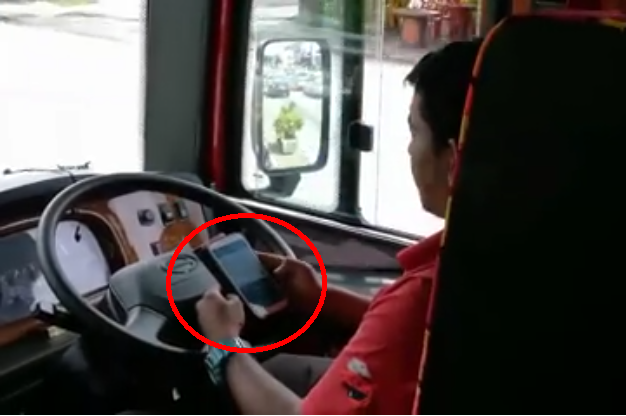
Errr, if the industry is full of problematic otais… why not hire NEW drivers who won’t speed, take drugs or commit offences? Well, bus companies would if they could, unfortunately nobody wants in. They can’t seem to attract fresh blood because firstly, the salary dang low. Can you guess how much their basic pay is? RM2,000!! (No wonder they gotta chase commissions to make ends meet).
Secondly, it’s not cheap to even get the driving licences, adds Datuk Ashfar from PMBOA. It costs between RM2,000-RM2,500 to obtain a Class D licence, RM1,500-RM2,000 for a Class E licence (for heavy motor car), and RM1,500-RM2,000 for a Vocational Public Service Vehicle (PSV) Bus licence. The entire process might take at least 2 years before drivers could even see their first paycheck.
“Those without any of these driving licences will have to spend between RM5,000 and RM6,500 to get all the Class D, Class E and PSV Bus licences in order to become a bus driver.” – Datuk Ashfar on Borneo Post
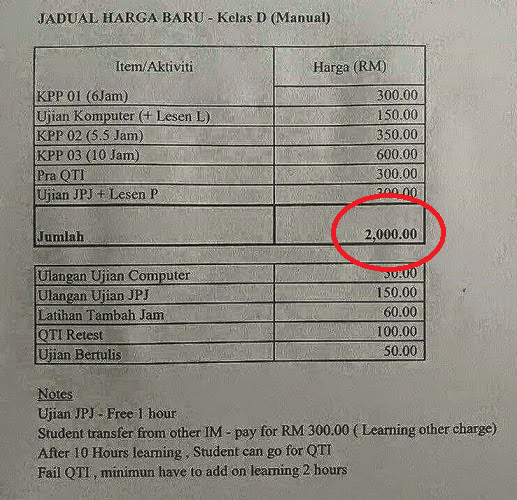
And with more and more otais retiring or changing jobs, the pool is just getting smaller and smaller. In the end, bus companies are stuck with old drivers who have bad habits. To remedy this, Datuk Ashfar has an idea to create a course for polytechnic schools across Malaysia, to teach and test drivers from Class D to PSV licences. Alternatively, the Malaysian Institute of Road Safety Research (Miros) Chairman Tan Sri Lee Lam Thye recommended setting up a special training school to produce professional bus drivers.
5. Poor vehicle maintenance
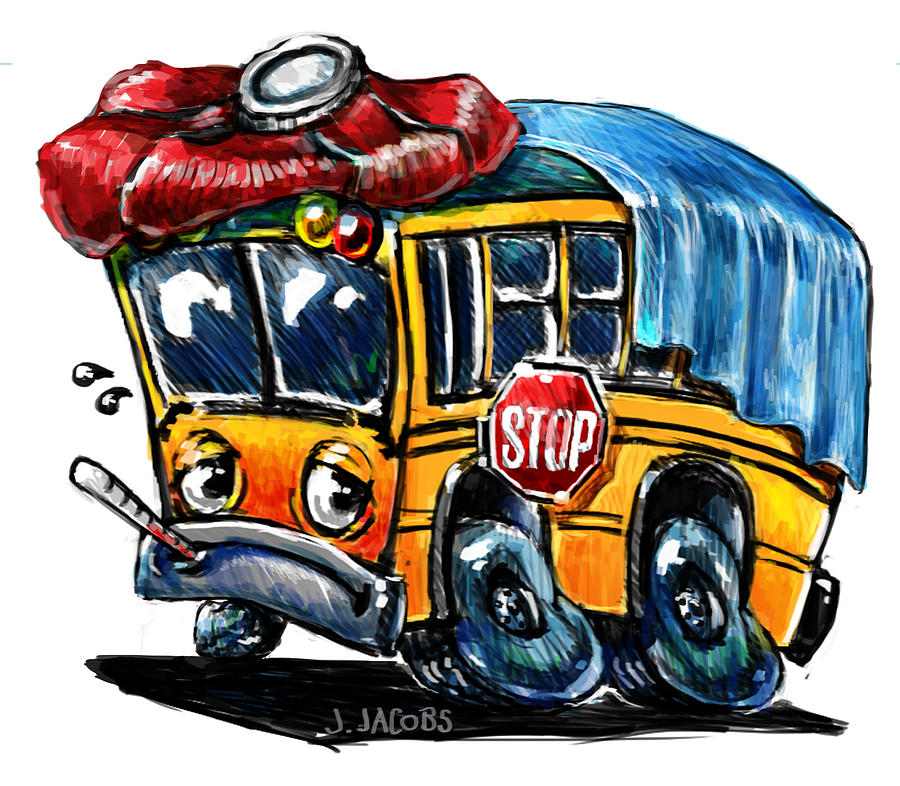
Another reason why bad buses are still on our roads is because they don’t go for their routine, MANDATORY checkups. Just as people need doctors when they’re sick, buses need Puspakom to ‘diagnose’ if they are ok, or need repairing. (PS: Puspakom is the only vehicle inspection company appointed by the government to handle all mandatory inspections for commercial and public vehicles (yep, that includes buses)).
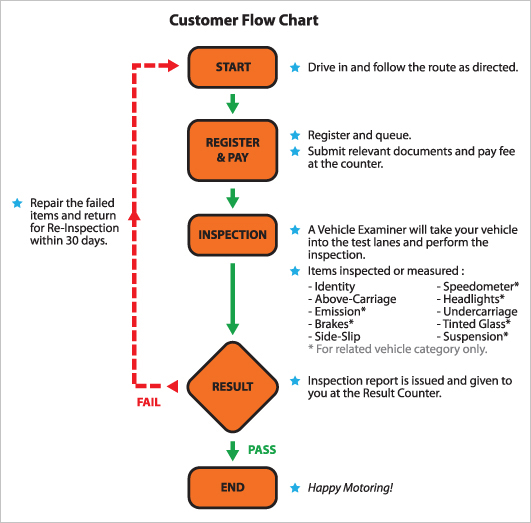
Puspakom reported that 4,111 commercial buses were not brought in for their checkups last year to have their brakes and tyres checked. In fact, the Road Transport Department (JPJ) blacklisted 649 buses for failing three consecutive inspections, and fined 4,513 for not displaying Puspakom inspection discs. Runners who sometimes help with inspections alleged that it was common for bus operators to send their vehicles for inspection only once a year, while the rule is they’re supposed to check them every 6 months, however, to be EXTRA safe:
“It is advisable for bus operators/drivers to maintain their vehicle according to the mileage-based maintenance manual issued by the respective manufacturer and not just rely on vehicle inspection once every six months.” – statement from Puspakom in The Star
To show you just how dangerous skipping inspections can be check out this video of a bus ramming into 10 vehicles on a slope because its brakes were faulty:
https://youtu.be/UNdVSntEdoI
Seems like the authorities already set good rules… so what’s missing?
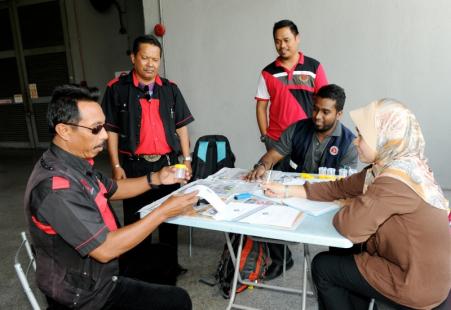
Ok gaiz, so to recap right… it does seem like the authorities – SPAD, Ministry of Transport, JPJ and Puspakom – have set some pretty decent rules on safety of buses and commercial vehicles in general. For example, must go for Puspakom checkup every 6 months, JPJ’s driver profiling to make sure they are on their best behaviour, drug screenings, etc.
On top of that, there are more good policies they can implement (some have been proposed and might be implemented soon, but some were shelved), such as a DAILY urine test. JPJ wanted to collaborate with the National Anti-Drug Agency (Nada) to deploy 300 officials to a few bus terminals and highway rest stops to test bus drivers. Bus companies however weren’t keen on making it a daily thing, so unfortunately they changed it to testing at random only. Although, if this was carried out daily, think of how many drug cases would disappear, right?
Next, they wanted to use GPS to track location and speed of buses, but then kena pushed to 2020 pulak. But why wait 3 more years? This would be actually be great to implement now so that bus drivers don’t speed on the road. It could save so many lives in that 3 years. Thirdly of course, there is changing the commission system to increase drivers’ basic salary instead. Plus, there were calls for mandatory seat belts and banning travel at night.
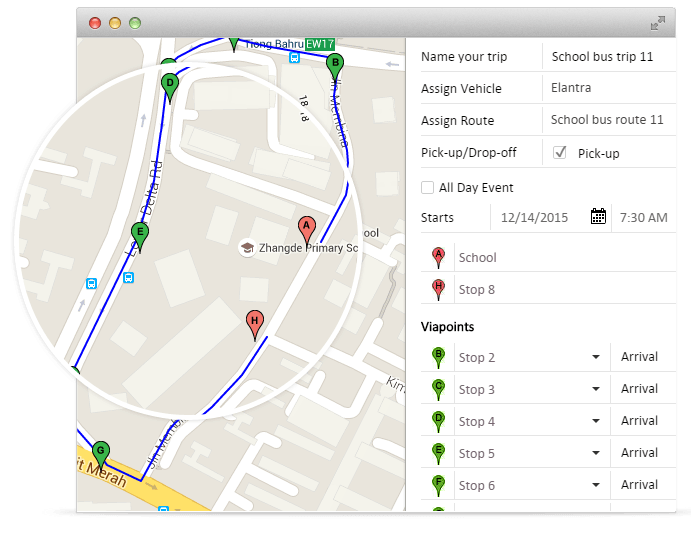
So they have great policies, but perhaps the problem lies with ENFORCING the regulations… ermm or rather lack of enforcing them. Miros said these accidents would not happen if the authorities make those policies black and white. “This is all about law enforcement. We have to monitor just how effective the law enforcement has been,” said its President Lee Lam Thye. All these policies had been proposed after the horrific 2013 Genting Highlands bus crash, but had not been implemented until today.
Until we really get the ball rolling, we might continue to see unwanted tragedies and heartbroken families.
- 6.6KShares
- Facebook6.5K
- Twitter13
- LinkedIn8
- Email22
- WhatsApp34

